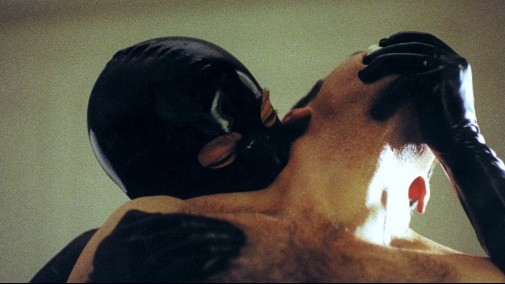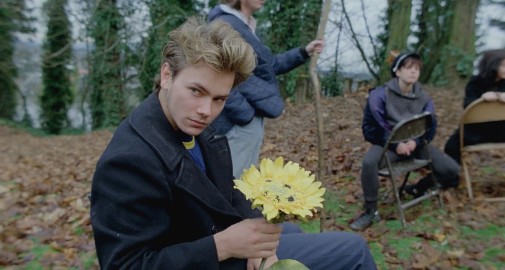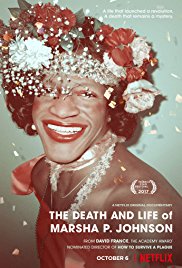1999: Tina Holmes in "Edge of Seventeen"
 Wednesday, June 5, 2024 at 8:00AM
Wednesday, June 5, 2024 at 8:00AM by Nick Taylor

Hello, strangers! Did you miss my supporting actress write-ups? With no smackdown to latch onto like a gay barnacle, I’ll be hopping onto our 10|25|50|75|100 anniversary format to look back on supporting actressing feats of years past. For those keeping track at home, this means I’ll be writing up performances from films released in the US in 2014, 1999, 1974, and 1949 (technically I could also do 1924, but I think that’s less likely). If you would like to see the whole list of films and performances I'm considering for this series and a longer run-down of it, click here! The dream is to post these corresponding to months of release, or, barring that, themed categories based on what month it is. Like how June is gay Pride month, meaning I can write about queer films and queer actresses all month long! Broader schedules hopefully mean more wiggle room to write about as many films as I like!
For my first entry in this series, I’m immediately going to take advantage of that US release calendar for Tina Holmes's indelible performance in David Moreton’s Edge of Seventeen . . . .






